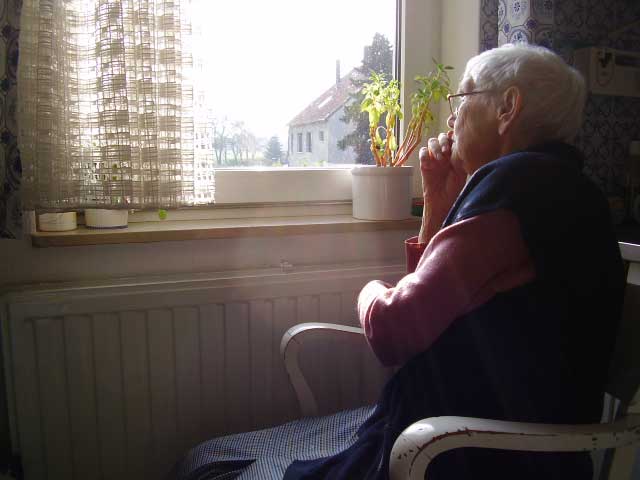

In her article “How Americans’ refusal to talk about death hurts the elderly,” author Sarah Kiff takes a look at how our society currently views the topic. While she doesn’t offer any advice on how to go about it, she makes a powerful argument for getting started.
I joke about death because I am as terrified of having serious end-of-life conversations as the next person. Usually I don’t have to think much about dying: my job as a health-care reporter means writing about the massive part of our country devoted to saving lives — how the hospitals, doctors, and drugs that consume 18 percent of our economy all work together, every day, to patch up millions of bodies.
But recently, the most interesting stories in health care have been about death: the situations where all the hospitals, doctors, and drugs in the world cannot halt the inevitable.
From the author’s perspective the conversation shouldn’t really be talking about death. Instead, advances that have increased life expectancy mean that what we really should be talking about is the quality of end-of-life.
After months of watching this debate unfold, I’ve realized something that feels, to me at least, like a revelation. This conversation isn’t about death at all. “Death” is the word that confuses the conversation, that makes people too afraid, and too angry, and too frantic to keep talking. This conversation is really about autonomy. It is about what makes life worth living, and if, in keeping people alive for so long, we are consigning them to a fate worse than death.
Read the full story: How Americans’ refusal to talk about death hurts the elderly
As Ms. Kiff explores talking about death, she examines recent publications by medical professionals who have faced the topic themselves. She also looks at how the Affordable Care Act has influenced the conversation. As polarizing as talk about the American health care system and insurance coverage is, it is important to consider. Kiff cites the arguments about “death panels” that popped up in response to the Act to illustrate how we push the conversation in a direction that leads us away from it.
While every reader may not agree with the author’s point of view, “How Americans’ refusal to talk about death hurts the elderly” is worth a read. If, for no other reason than to get us talking about death and how we want our own end-of-life transition handled.
Read more about talking about death:
How to Talk About Death: Report Says Americans Need More End of Life Planning
The real reasons why death is still so hard to talk about with your loved ones









